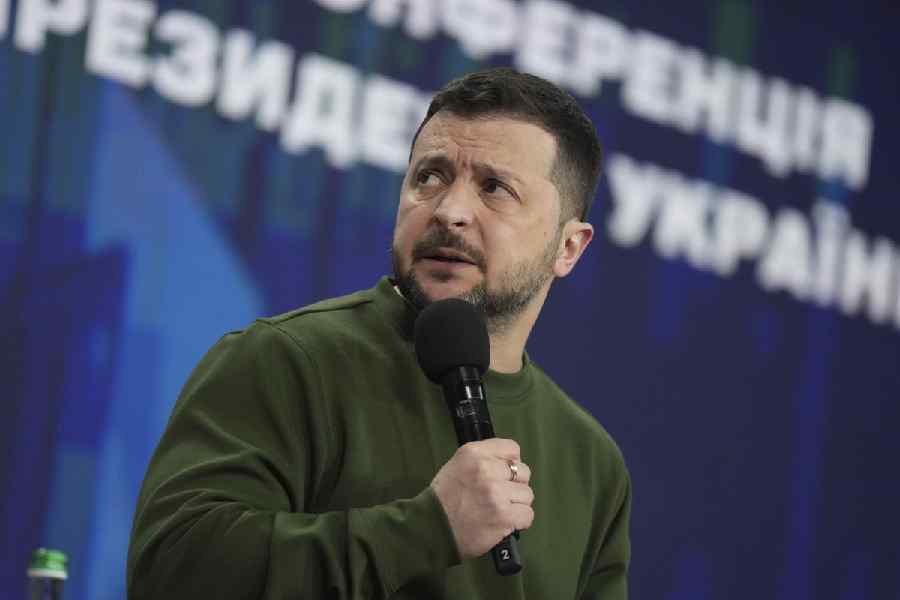Last weekend, more than 80 countries and international organisations signed onto a communiqué aimed at developing a roadmap for peace in Ukraine more than two years after the country was invaded by Russia. The declaration, which came at the end of a peace summit hosted by Switzerland at the request of the Ukrainian president, Volodymyr Zelensky, called for an end to threats of nuclear weapons use. It demanded the safe passage of Ukrainian agricultural products from ports on the Black Sea and the Azov Sea and it sought the release of all prisoners of war and the return of thousands of Ukrainian children believed to have been taken by Russian forces during the conflict. But the communiqué was curiously silent on even naming one of the parties to the conflict: Russia. Missing in the text, Russia was also absent from the summit itself: Moscow called the conclave a pointless exercise for relying on Mr Zelensky’s peace plan, which the Kremlin has rejected. Against this backdrop, many nations that agreed to join the summit chose not to sign the agreement. India was accompanied by Saudi Arabia, the United Arab Emirates, Indonesia, Mexico, Thailand and South Africa, among others, in taking this position.
Speaking at the summit, India’s representative, a senior diplomat, cited Russia’s absence as New Delhi’s reason for not associating with the declaration. Saudi Arabia’s foreign minister said that Russia’s participation was essential for any meaningful peace process to emerge. South Africa’s representative pointed to Israel’s presence at the summit to question why a country facing accusations of multiple violations of international law was sitting on judgement on peace talks involving others. These statements all underscored the deep divisions between the West and the rest on how best to end the war in Ukraine. Prime Minister Narendra Modi had met Mr Zelensky only days earlier on the margins of the G7 Summit in Italy. India and most other Global South countries, whose economies have been hit by the war, are keen to negotiate an end to the Ukraine conflict. But they recognise that the war will likely end only with a compromise between Russia and Ukraine. Pretending that peace negotiations can proceed without one of the parties to the conflict is to live in denial. If the West truly cares about peace in Ukraine, it will listen to the message India and others articulated at the Swiss summit.











